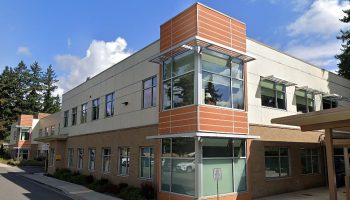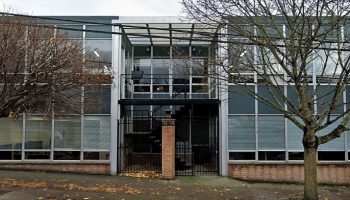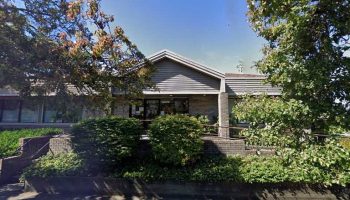About Lakeside Milam Recovery Centers
The Lakeside-Milam Recovery Center (LMRC) was in Seattle, Washington. They offered outpatient treatment and continuing care from a campus in the heart of the city. They provided tailored treatment programs that help you get back on track emotionally, physically, and socially, without significantly disrupting your daily lives. They have since closed and was taken over by Mary’s Place.
It was great that LMRC offered no-charge, same-day assessments, with clients free to choose from daytime or evening programming to fit around their commitments.
As part of their outpatient services for addiction, Lakeside-Milam offered medicated assisted treatment (MAT). This integrated approach combined medications and therapy and was known to increase the chances of long-term recovery in clients with a chemical dependency.
If you had an opioid dependency, you would have been prescribed a proven opioid agonist medication that bound with the same receptors in the brain as illicit opioids. This alleviated cravings and withdrawal symptoms and blocked the euphoric effects of opioids to help you wean off substances. Medications were also available for those struggling with an alcohol addiction, like Vivitrol that blocked its effects to help prevent relapse.
Additional services in your outpatient care plan included one-to-one therapy, group counseling, support groups, and relapse prevention plans. LMRC also provided family courses that focused on addiction education, relational dynamics, and conflict management to help families understand what their loved ones were going through and to heal fractured relationships.
Even though they’re closed, there are other centers nearby that can help you.
Contact

Having struggled with her mental health, Gemma has spent much of her writing career focused on topics surrounding behavioral health and stigmatized health issues, such as eating disorders, depression, obesity, and sexually transmitted diseases. It was a natural step to write about addiction, with her background in Biology and Research Science playing a key role in understanding chemical dependency as a disease. By writing about drug rehabilitation in an accessible and compassionate way, she hopes more people will feel encouraged to seek help.

Peter W.Y. Lee is a historian with a focus in American Cold War culture. He has examined how popular culture has served as a coping mechanism for the challenges and changes impacting American society throughout the twentieth century.




